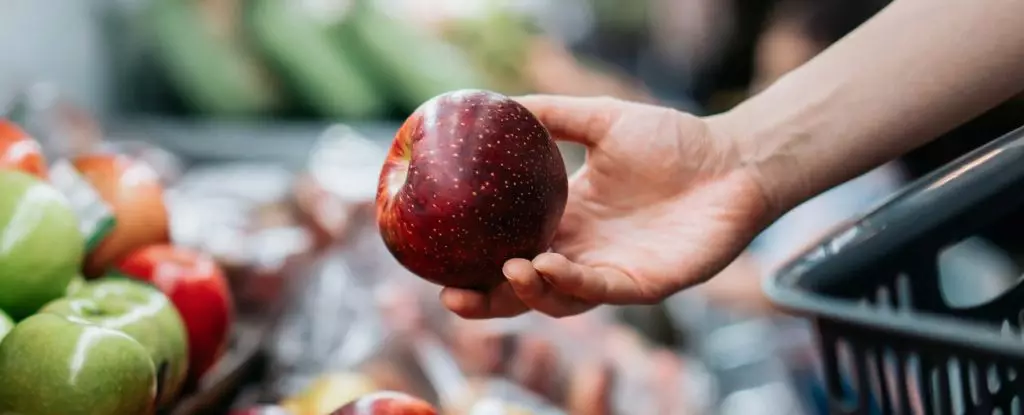The typical western, industrialized diet is severely lacking in fiber, which plays a crucial role in digestive health. Despite fruits and vegetables being important components of a healthy diet, the way our bodies break down cellulose, the tough material found in plant cell walls, is not well understood.
A recent study conducted by an international team of researchers has revealed previously unknown microbes in the human gut capable of breaking down cellulose. Contrary to previous beliefs, it was thought that humans were unable to digest cellulose like other mammals such as cows, horses, or sheep. However, in 2003, scientists identified human gut bacteria with the ability to digest these fibers.
The study utilized fecal samples to analyze the gut microbiome of individuals from different time periods and regions. The results indicated that the human gut harbors species of cellulose-munching microbes, with some closely associated with ungulate mammals, primates, and humans. These microbes, belonging to the genus Ruminococcus, possess genes involved in cellulose digestion. Surprisingly, these microbes were found to be abundant in fecal samples from hunter-gatherers, rural populations, and ancient humans, but scarce in modern, industrialized societies.
The decline of cellulose-digesting microbes in the human gut is believed to be influenced by the shift towards Westernized lifestyles. This decline may have negative implications for metabolic health in urbanized populations. Research implies that the absence of these microbes could be contributing to poor metabolic health in modern societies.
There is a possibility for intentional reintroduction or enrichment of these cellulose-digesting microbes in the human gut through dietary supplements or specialized probiotics. Current research suggests that fiber intake guidelines in industrialized societies may be too low, leading to potential health issues. Supplementation with plant fibers or cellulose supplements has shown positive effects on gut microbes, immune responses, and gene expression.
Studies indicate that the human-associated strain of Ruminococcus bacteria may have been transferred to humans from ruminants, possibly during domestication. Our coexistence with animals over time may have enhanced our ability to digest plant material. However, the adaptation of these microbes in the human gut could be at risk due to changes in diet and lifestyle.
The long-term effects of the decline in cellulose-digesting microbes in the human gut are still unclear. It is essential to further investigate how these changes impact human health and explore potential interventions to restore gut microbiome diversity. The findings from this study shed light on the importance of maintaining a diverse gut microbiome for overall health and well-being.



Leave a Reply